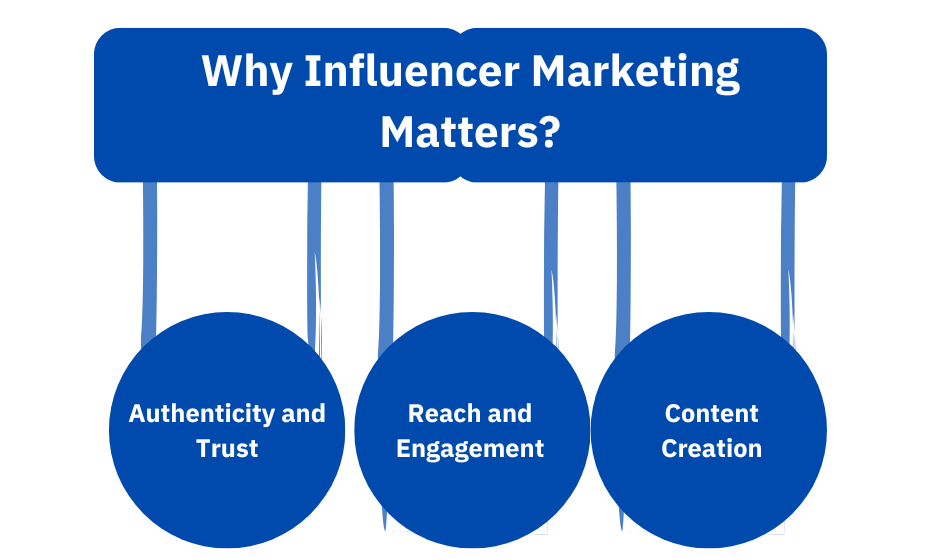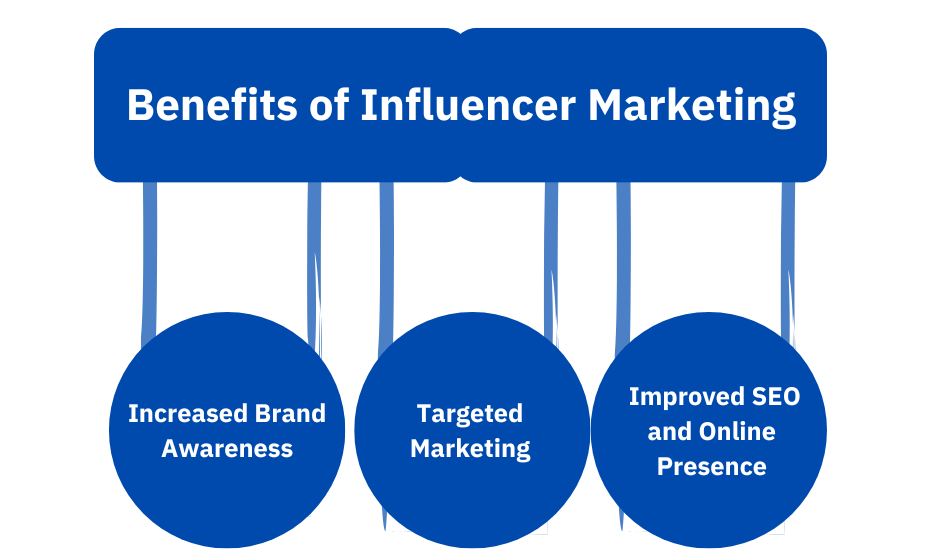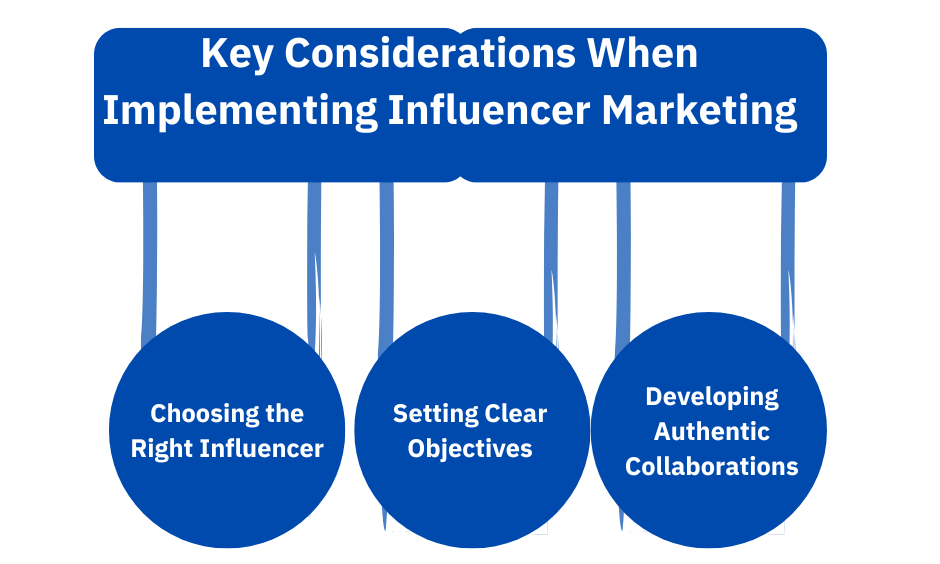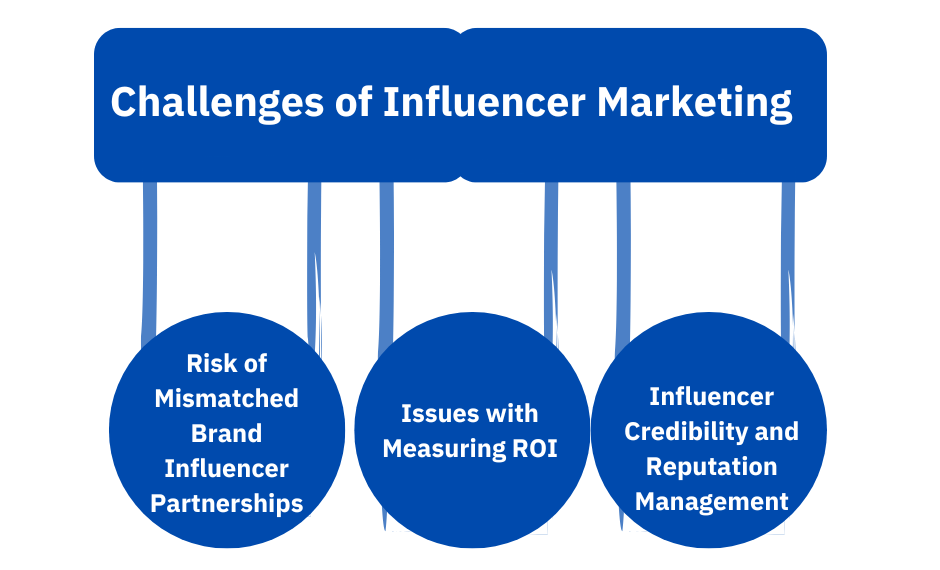Influencer marketing has emerged as a powerful tool for brands seeking to authentically connect with their target audiences.
Companies can effectively promote their products and services by leveraging the vast reach and credibility of social media personalities.
Social media platforms like Instagram, TikTok, and YouTube have revolutionized brand communication, allowing for direct engagement with consumers.
This article aims to delve into the significance of influencer marketing in today’s digital landscape, highlighting its advantages, such as increased brand awareness, higher engagement rates, and the ability to tap into niche markets for more targeted outreach.
Page Contents:
Why Influencer Marketing Matters?
Influencer marketing has become a pivotal strategy in today’s digital landscape for several key reasons.
Authenticity and Trust
At the heart of influencer marketing is the power of personal recommendations. Influencers often cultivate deep connections with their audiences, which fosters an environment of trust.
When influencers endorse a product, it feels like a recommendation from a friend rather than a marketing pitch. This authentic approach helps to build credibility, encouraging followers to take action based on the influencers’ endorsement.
Reach and Engagement
Influencer marketing provides brands with the unique ability to connect with niche markets that may be difficult to reach through traditional advertising methods.

Influencers often have highly engaged audiences that trust their opinions, leading to higher engagement rates compared to conventional advertisements.
This targeted approach ensures that brands can effectively communicate their message to specific demographics that align with their products or services.
Content Creation
One of the most significant advantages of influencer marketing is the unique and creative content that influencers generate. This content often resonates well with audiences, as it is tailored to their interests and preferences.
Moreover, collaborating with influencers can be a cost-effective strategy for brands, as the content created by influencers can be repurposed across various marketing channels, maximizing return on investment.
Benefits of Influencer Marketing
If you are still wondering why influencer marketing is so important in today’s era then you should check out the following benefits is given:
Increased Brand Awareness
Influencer marketing has proven to be an effective strategy for boosting brand visibility. When an influencer shares a brand’s message, it doesn’t just reach their followers; it can resonate with a broader audience, fostering organic conversations.
This heightened visibility often translates to increased sales—when potential customers see products recommended by trusted figures, they are more likely to make a purchase.
Targeted Marketing
One of the significant advantages of influencer marketing is the ability to reach specific demographics effectively. By collaborating with influencers who have a dedicated follower base that aligns with the brand’s target market, companies can ensure that their messages resonate with the right people.

This tailoring enhances the overall marketing strategy, allowing brands to communicate directly to an audience that is already interested in similar products or services. For instance, a beauty brand partnering with a makeup artist can attract makeup enthusiasts who trust the artist’s recommendations.
Improved SEO and Online Presence
Engaging with influencers not only boosts brand awareness but also enhances SEO efforts. By linking back to the brand’s website in their posts or blogs, influencers can drive traffic.
Furthermore, these collaborations can lead to valuable backlinks—when influencers mention the brand on their platforms and link to its site, it improves the brand’s online authority and visibility in search engine results, ultimately leading to better organic reach.
Key Considerations When Implementing Influencer Marketing
Influencer marketing is now one of the most effective marketing for any kind of brand. You can consider the following key points for implementing influencer marketing.
Choosing the Right Influencer
Selecting the appropriate influencer is crucial for the success of your marketing campaign. Start by aligning the influencer’s values and audience demographics with your brand’s mission and target market. Conduct thorough research to identify influencers whose content resonates with your brand message.
Additionally, while follower count can reflect potential reach, it’s essential to evaluate engagement rates, as they indicate how well an influencer connects with their audience. A high level of genuine interaction often yields better conversion rates than sheer follower numbers.

Setting Clear Objectives
Before launching an influencer marketing campaign, take the time to establish clear and measurable objectives. These can range from increasing brand awareness and enhancing social media visibility to driving specific sales goals.
Defining Key Performance Indicators (KPIs) will help you track the success of the campaign efficiently. Consider metrics such as engagement rates, website traffic, and conversion rates to assess whether you’re meeting your set objectives.
Developing Authentic Collaborations
To foster a successful influencer marketing relationship, it’s essential to promote authenticity in collaborations. Encourage influencers to produce genuine content that reflects their style and perspective, as this will resonate more with their followers.
Steer clear of heavily scripted promotions, as they can appear disingenuous and may erode trust with the audience, undermining the effectiveness of the campaign. Authenticity is key to ensuring a lasting impact and meaningful connections with potential customers.
Challenges of Influencer Marketing
Influencer marketing, while effective, presents several significant challenges that brands must navigate.
Risk of Mismatched Brand Influencer Partnerships
One of the primary concerns is the potential for a misalignment between a brand and the influencers they choose to partner with.
If an influencer’s values, style, or audience do not align with the brand, it can lead to discontent among their followers and result in a backlash against both the influencer and the brand. This misalignment can diminish the authenticity of the marketing message and ultimately harm the brand’s reputation.

Issues with Measuring ROI
Another common challenge is the difficulty in accurately measuring the return on investment (ROI) from influencer marketing campaigns.
Unlike traditional advertising, the impact of influencer partnerships can be elusive and challenging to quantify. Brands may struggle to track specific metrics that directly show how influencer collaborations are affecting sales, engagement, or brand awareness, leading to uncertainty about their effectiveness.
Influencer Credibility and Reputation Management
Managing the credibility and reputation of influencers is crucial, especially in today’s fast-paced digital environment. Negative publicity or scandals involving an influencer can quickly tarnish the brand’s image if not addressed promptly.
Brands must be proactive in monitoring their influencers’ activities and public perception to mitigate potential damage and maintain a positive brand association.